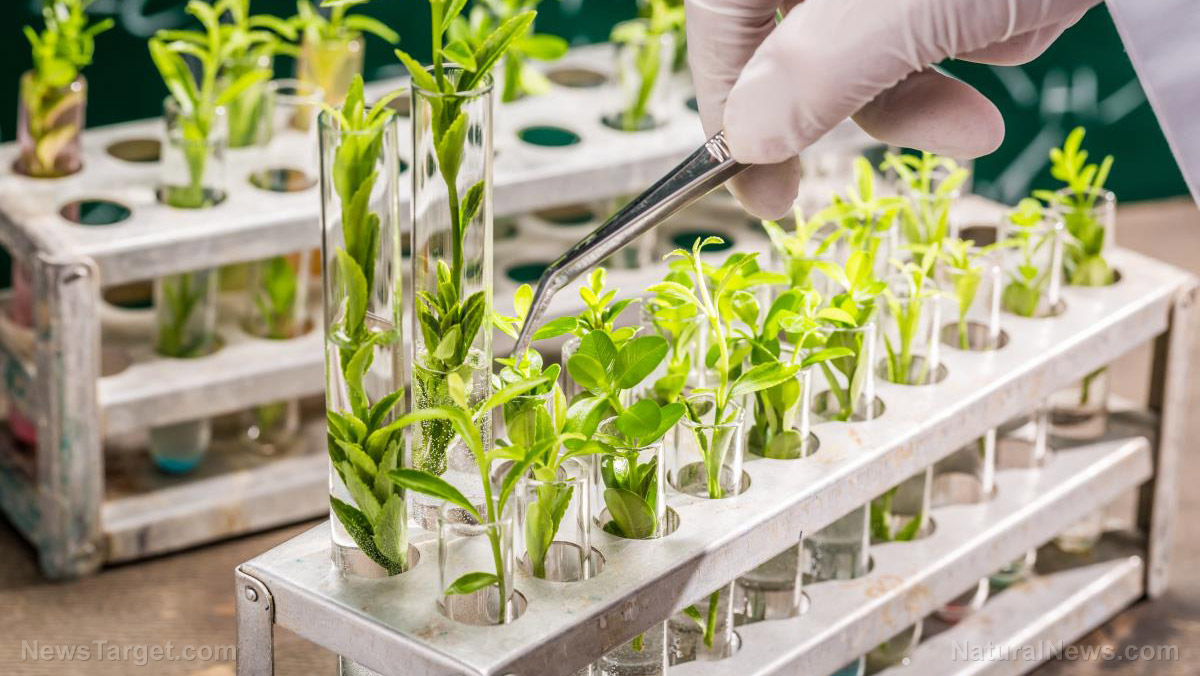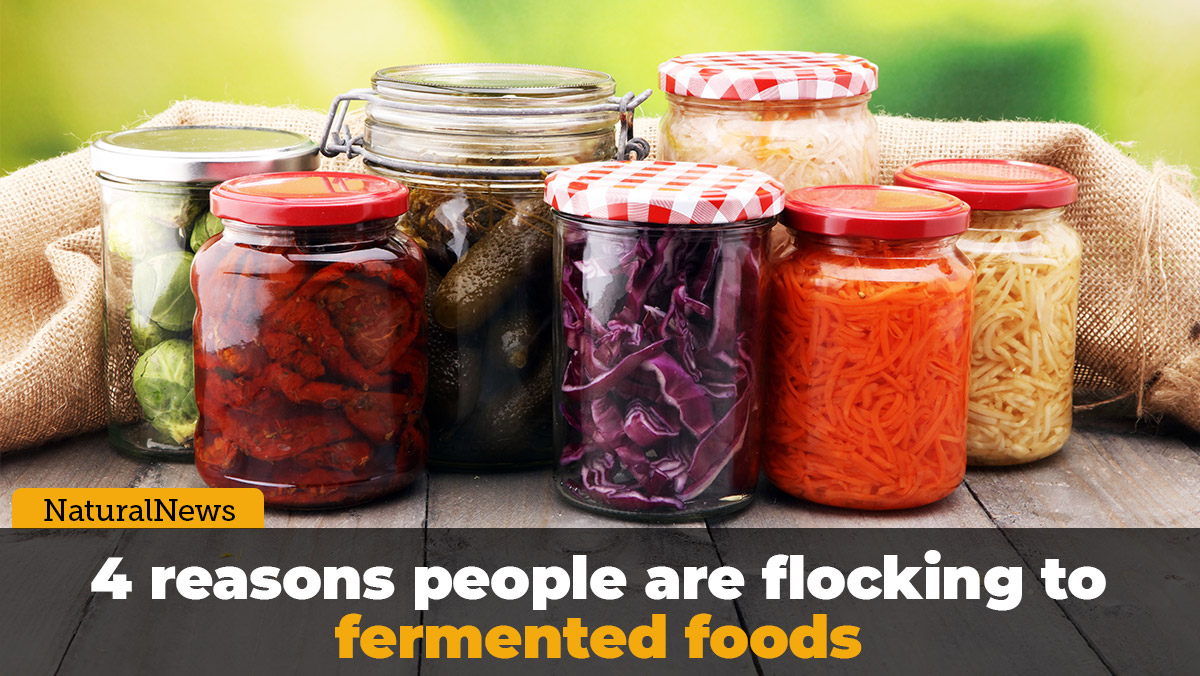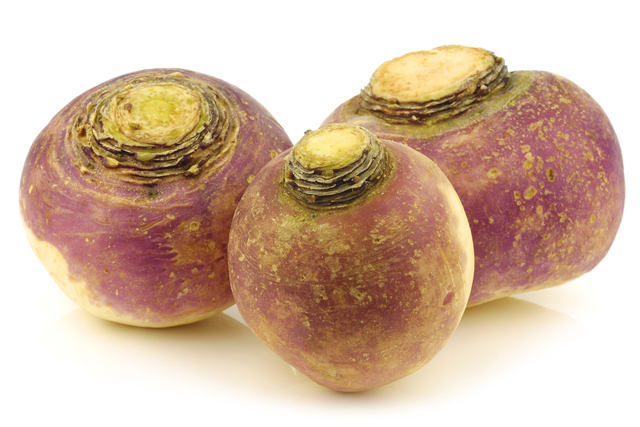Jerusalem Artichoke- sources, health benefits, nutrients, uses and constituents at NaturalPedia.com
06/21/2017 / By Frances Bloomfield

Jerusalem artichokes (Helianthus tuberosus) belong to the Compositae family of plants, which counts sunflowers and lettuces as members. Also known as sunroot, sunchoke, and topinambur, the plant looks like a sunflower while the edible tuber resembles a ginger. The edible tubers are used as root vegetables and cultivated as an annual crop in North America, Eastern Europe, and China.

List of known nutrients
Jerusalem artichokes have roughly the same amount of carbohydrates as potatoes (73 calories per 100 g). Despite the moderate caloric amount, Jerusalem artichokes are packed with a good load of important nutrients. These low-fat, zero-cholesterol perennial vegetables contain:
- Calcium
- Dietary fiber
- Iron
- Magnesium
- Phosphorus
- Potassium
- Vitamin A
- Vitamin B2 (Riboflavin)
- Vitamin B3 (Niacin)
- Vitamin B5 (Pantothenic acid)
- Vitamin B6 (Pyridoxine)
- Vitamin B9 (Folate)
- Vitamin C
Medicinal uses for Jerusalem artichokes
When combined with healthy lifestyle habits, regular consumption of Jerusalem artichokes can reduce the chances of:
- Asthma
- Constipation
- Diabetes
- Heart disease
The dietary fibers and vitamin B1 in Jerusalem artichokes make them helpful in nurturing healthy digestive systems. While the dietary fibers normalize bowel movement and add to stool bulk, vitamin B1 promotes hydrochloric acid production in the stomach to encourage more efficient food digestion. Moreover, these fibers encourage good bacteria to live and thrive in the gut to kill bad bacteria, effectively boosting intestinal immunity.
A 100 g serving of Jerusalem artichoke tubers is loaded with 429 mg or nine percent of the recommended daily value of potassium. This means that Jerusalem artichokes are a heart-healthy food because potassium reduces blood pressure and heart rate. The sodium content in Jerusalem artichokes is quite minimal too, with a 170 g serving offering less than six mg of sodium. Vitamin B1 plays a role in supporting the heart as well: Vitamin B1 is needed to produce the neurotransmitter acetylcholine, which relays messages between nerves and muscles like the heart.
Jerusalem artichokes have the highest amount of iron among common edible tubers and roots: 100 g can deliver 3.4 mg or 42.5 percent of this vital trace element. Without iron, blood wouldn’t be able to flow or clot properly. The tubers of the Jerusalem artichoke can ensure that it does.
Eating Jerusalem artichokes is good for the teeth and bones because of the high amounts of phosphorus in the tubers. Phosphorus works in cooperation with calcium to build strong bones and teeth.
Those who are going to try Jerusalem artichokes for the first time may want to consume small portions. The tubers contain inulin, inert carbohydrates that are indigestible and are passed through bowel movements. Inulin may cause indigestion, so keep this in mind when eating Jerusalem artichokes.
Body systems supported by Jerusalem artichokes
Jerusalem artichokes are beneficial to the following body systems and organs:
- Bones and teeth
- Bowels
- Digestive system
- Immune system
- Lungs
- Respiratory system
- Testes
Ways to use Jerusalem artichokes
The tubers of Jerusalem artichokes are incredibly versatile vegetables that can be eaten raw in salads or cooked in a variety of ways. Searching for recipes that make use of Jerusalem artichokes will usually call for them to be fried, baked, mashed, steamed, or roasted. Jerusalem artichokes make for excellent pickled vegetables, chips, and complements to other tubers like potatoes.
Where to learn more
- 10 Nutrients Not Provided By Animal-Based Foods
- 12 Benefit of Eating Jerusalem Artichokes
- Exposure to aluminum through drinking water increases risk of dementia
- Prebiotics improve digestion and reduce risk of cancer
- Try these 15 prebiotic foods to strengthen your immune system
Summary
Jerusalem artichokes promote a healthy digestive system.
They are also a heart-friendly food.
Jerusalem artichokes are excellent sources of iron.
Jerusalem artichokes are good for the teeth and bones.
Sources include:
Nutrition-And-You.com
BonAppetit.com
DoveMed.com
StyleCraze.com
HealthBenefits.com
Tagged Under: Jerusalem Artichoke




















